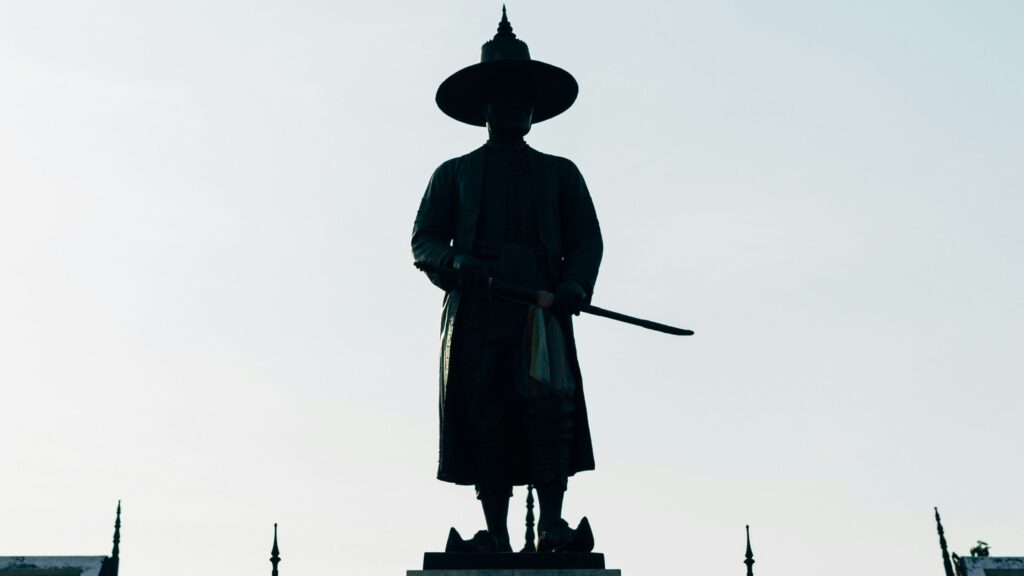The Samurai were the warrior class of Japan from the 12th Century until their abolition in the late 1870s. The group held a wide range of responsibilities, such as defending their land and maintaining law and order in the country. The majority of the samurai warriors lived by “the Code of Bushido,” which was their code of conduct.
The code was inspired by Confucianism, an ancient Chinese religion based on the teachings of Master Kong. Furthermore, the samurai way of Bushido helped the warriors live their lives by the seven virtues. So, the following article will look into those virtues and how they can help people in the present to live meaningful lives.
The Code of Bushido
Bushido comprises seven principles or virtues. The samurai needed to integrate all these with their behaviour. Moreover, these values are not only limited to samurai; people can also try to live by these principles. Finally, here are the seven values inspired by the code of Bushido.
Gi (Integrity)
Samurai needed to live with integrity, as it characterises a person’s individualism. Moreover, a person with integrity lives with good moral values and does not do wrong. Even though it sounds easy to live with values, only action tells the difficulty of living morally.
Rei (Respect)
A samurai must respect everyone, including their enemies, and it’s no surprise that samurai were humble. They respected defeat and did not mock their opponents, even in victories. So, respecting every individual is crucial, no matter the situation or circumstances.
Yu (Courage)
Courage is acting righteously and bravely, even amid adversity and fear. A person can not be courageous if he’s not afraid; however, they are willing to act and protect by doing what’s necessary.
Meiyo(Honour)
Samurai had the honour for themselves and their enemies. For instance, they fought with courage but displayed honour in battle. Thus, honour is one of the most recognisable traits of a warrior.
Jin (Compassion)
Compassion is taking care of the loved ones and sharing in their sufferings. Secondly, it is vital to showcase selflessness and think about others (something the world needs today).
Makoto (Honesty)
“Honesty is the best policy”, and no wonder the samurai believed in this virtue. Speaking truth when the whole world is full of lies is one of the bravest things one can do in the present. And even though telling the truth has consequences—it’s worth your life.
Chu (Loyalty)
Samurai are some of the most loyal people in Japan, and it is their responsibility to serve their purpose. Because of this, many died, but working with the enemy was not their code.
Key Takeaways From The Code Of Bushido
The Code of Bushido, inspired by Confucianism, was the way of life for the samurai warrior class of Japan from the 12th Century to their abolition in the late 1870s.
The code consists of seven virtues: Gi (Integrity), Rei (Respect), Yu (Courage), Meiyo (Honor), Jin (Compassion), Makoto (Honesty), and Chu (Loyalty). These values can help people in the present live a meaningful life and embody the values of samurai warriors.
Frequently Ask Questions (FAQs)
Who created Bushido?
The Bushido drew inspiration from the philosophy of Confucianism and was first adopted by a 12th-century shogun named Minamoto Yoritomo.
Were there any female samurai?
Yes, the female samurai were known as Onna-bugeisha.
Do samurai still exist?
No, Samurai do not exist today, but their values are still respected and appreciated.
What are the seven rules of the samurai?
The seven rules of the samurai code are:
- Righteousness
- Loyalty
- Honour
- Respect
- Honesty
- Courage
- Consistency


Amazing post. I feel these are very important Virtues to have in today’s world to maintain and live peacefully with all the distractions around.
Yes, life dedicated to virtues is time well spent.